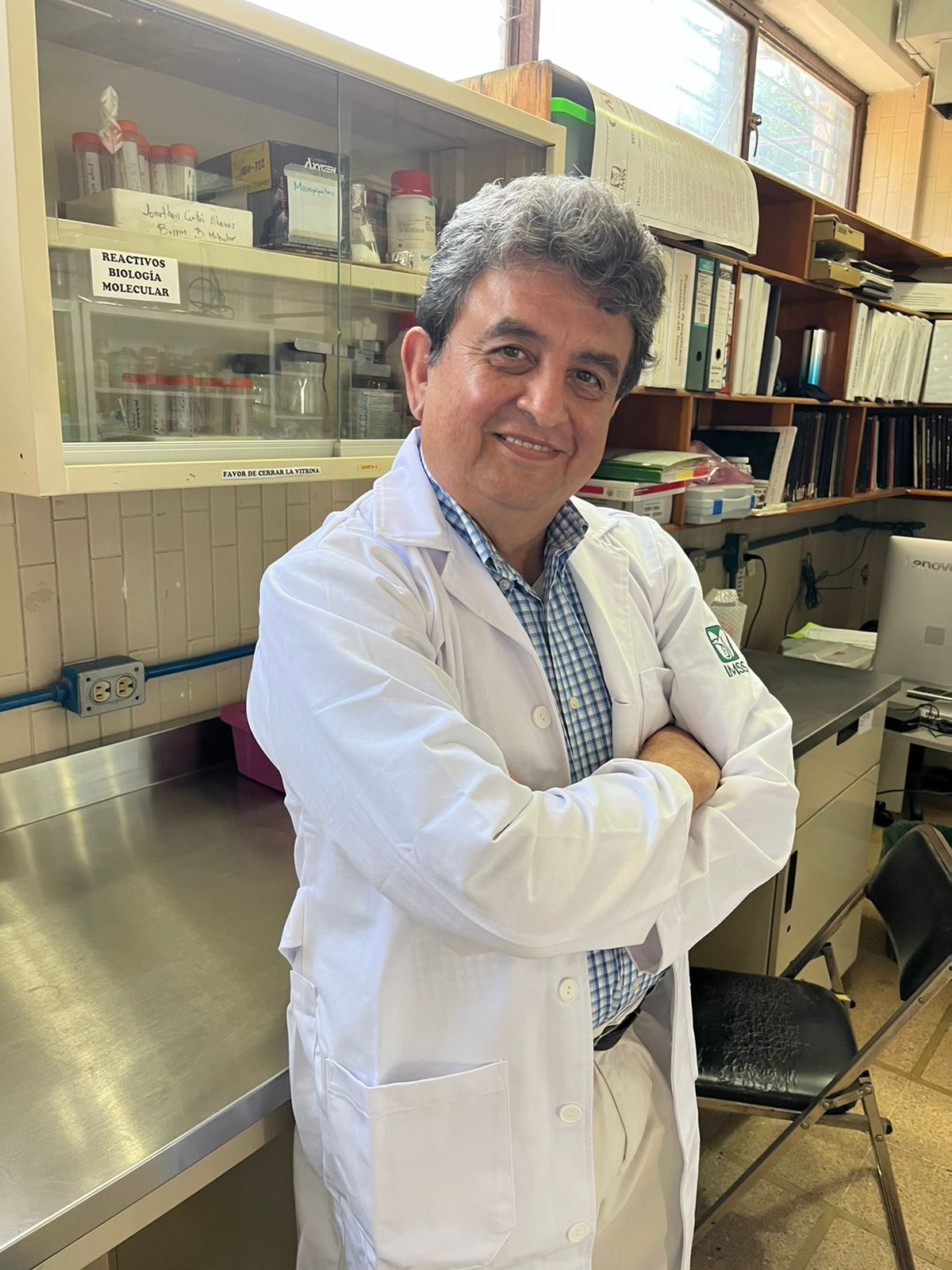
Systemic arterial hypertension (SAH) is a health problem of great importance worldwide, and endothelial dysfunction underlies SAH development. This condition's main characteristics include vasoconstriction, inflammation, oxidative stress, and procoagulant and proliferative states. This study's objective was to evaluate the antihypertensive, anti-inflammatory, and antioxidant effects of the whole extract and fractions of Agave tequilana in a murine model of SAH. SAH was induced in male ICR or CD-1 (Strain obtained from animals from Charles River Laboratories, Massachusetts) mice by intraperitoneal administration of angiotensin II (AGII) (0.1 μg/kg) for 4 weeks, and then A. tequilana treatments were co-administered with AGII. At the end of the experiment, systolic and diastolic blood pressure were measured and the kidneys were dissected to quantify interleukin (IL)-1β, IL-6, tumor necrosis factor-alpha, IL-10, and malondialdehyde (MDA). The whole extract and the fractions of A. tequilana were chemically characterized using gas chromatography-mass spectrometry. The results indicate that the whole extract (At-W) and At-AcOEt fraction treatment are the most efficient in lowering blood pressure, although all the treatments had an immunomodulatory effect on the cytokines evaluated and an antioxidant effect on lipid peroxidation. Finally, the chromatographic profile shows that the integral extract and fractions of A. tequilana contained phytol (M)3,7,11,15-Tetramethyl-2-hexadecen-1-ol; 9,12-octadecadienoic acid; hentriacontane; 9,19-cyclolanost-24-en-3-ol,(3b); t-sitosterol; and stigmasta-3,5-dien-7-one.








